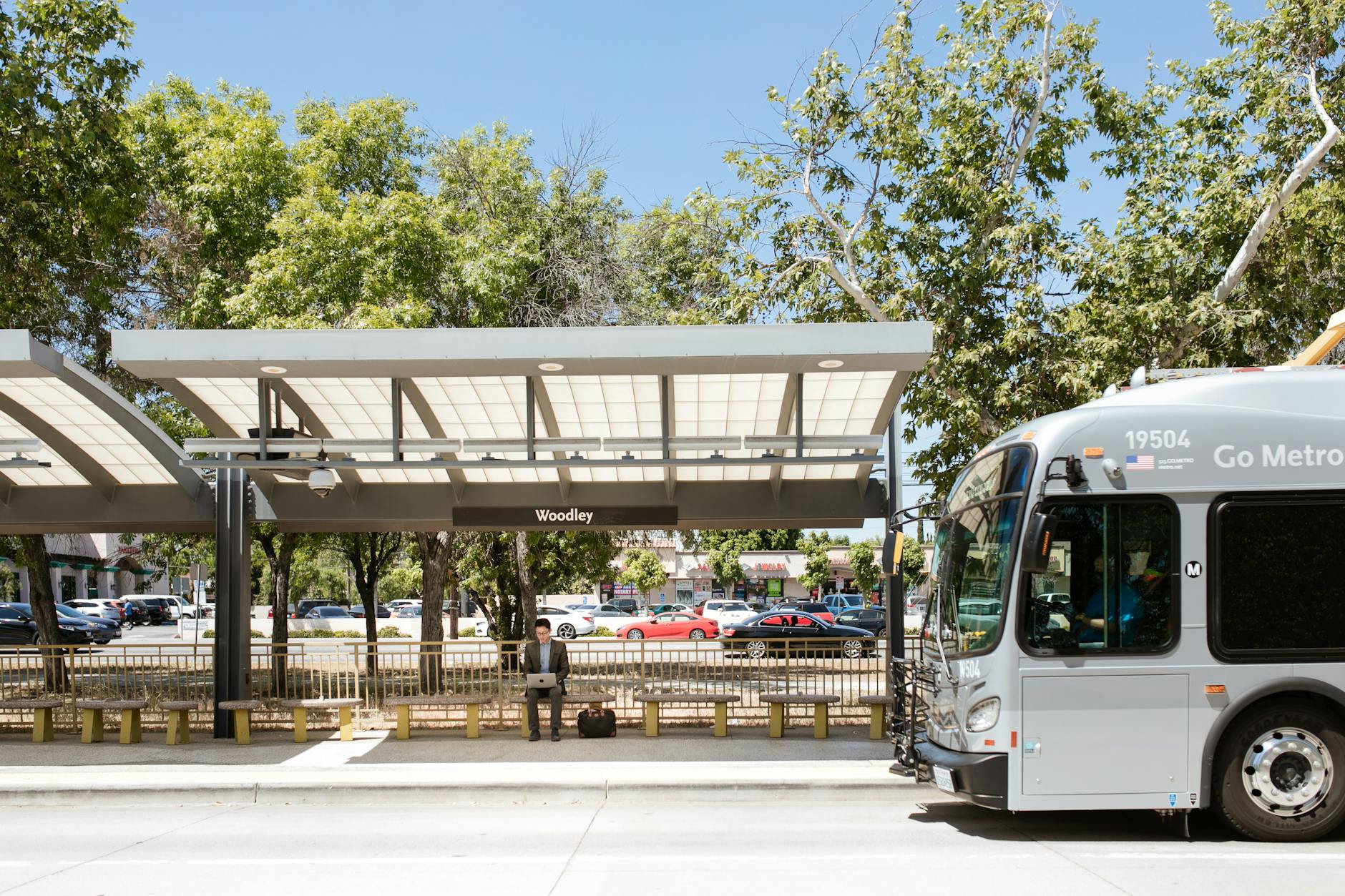Table of Contents
How to Register a Bus Station Business in Namibia

If you’re wondering how to register a bus station business in Namibia, this guide will walk you through the essential steps to ensure you comply with all necessary regulations and set your business up for success. Starting a bus station business in Namibia can be an exciting and rewarding venture, but it requires a clear understanding of the legal and administrative processes.
How to Register a Bus Station Business in Namibia: A Step-by-Step Guide
Registering a bus station business in Namibia involves several key steps, from choosing the right business structure to obtaining the necessary licenses and permits. Below, we’ve broken down the process to help you understand the requirements and complete each step efficiently.
1. Choose the Right Business Structure
Before you begin the registration process, decide on the best legal structure for your bus station business. The main business structures available in Namibia include:
- Private Company (Pty) Ltd: Ideal for small to medium-sized businesses with limited liability.
- Public Company (Ltd): Suitable for larger enterprises, especially those with publicly traded shares.
- Sole Proprietorship: A business owned by one individual.
- Partnership: Formed by two or more individuals or entities sharing ownership and management.
Choosing the right structure is crucial because it impacts your business’s liability, taxes, and administrative responsibilities.
2. Reserve Your Business Name with BIPA
The next step in registering a bus station business in Namibia is to reserve a unique business name through the Business and Intellectual Property Authority (BIPA). The name must comply with Namibian naming regulations to avoid delays in the registration process. You can reserve your business name online or in person at the BIPA office.
3. Prepare the Required Documents
Before submitting your application, gather all the necessary documents for company registration. These typically include:
- Memorandum and Articles of Association: Defining your company’s operations and governance.
- Consent to Act as Director and Consent to Act as Auditor (Form A2).
- Identity documents of the directors and shareholders.
- Proof of address for the registered office.
- Tax clearance certificate (if applicable).
Ensure all documents are complete and up-to-date to avoid delays in your registration process.
4. Submit Your Registration to BIPA
Once your business name is reserved, and your documents are ready, submit your registration application to BIPA either online or in person. If successful, you will receive a certificate of incorporation, which legally establishes your bus station business.
5. Register for Tax
To comply with Namibian tax laws, register your company with the Inland Revenue Department (IRD). You will need to obtain a tax identification number (TIN) and meet other tax obligations related to your business operations.

6. Open a Business Bank Account
After your company is officially registered, it’s time to open a business bank account. Choose a reputable bank in Namibia that offers convenient and reliable banking services to help manage your business finances.
7. Obtain Necessary Licenses and Permits
Operating a bus station in Namibia requires specific licenses and permits. These are issued by relevant authorities such as the Ministry of Trade and Industry and local municipalities. For a bus station, you will need permits related to public transportation, safety, and other regulatory approvals. Make sure you check with the local government and transportation authorities to obtain the necessary documentation.
8. Comply with Employment Regulations
If you plan to hire employees for your bus station, ensure that you comply with Namibian labor laws. This includes registering with the Social Security Commission (SSC) and following the guidelines set by the Ministry of Labor and Social Welfare.
9. Design and Build Your Bus Station
The design of your bus station should focus on efficiency, safety, and customer comfort. Key considerations include:
- Passenger Flow: Ensure smooth movement of passengers throughout the station.
- Amenities: Provide essential services like restrooms, food outlets, and waiting areas.
- Safety Measures: Install security systems, lighting, and safety protocols to ensure passenger protection.

10. Explore Funding Options
Funding your bus station business is crucial to cover startup costs. Options include:
- Bootstrapping: Using personal savings.
- Family and Friends: Borrowing or receiving investments.
- Crowdfunding: Leveraging online platforms.
- Bank Loans: Obtaining financial support from a bank.
Choose the best funding strategy based on your business needs and goals.
11. Build Strategic Partnerships
Building relationships with bus operators is essential for ensuring a steady flow of buses and passengers. Offer incentives to attract bus companies to use your station, such as discounted rates or convenient services.
12. Leverage Technology for Operational Efficiency
Invest in technology to streamline operations. A robust IT system can help with:
- Ticketing Systems: Simplifying ticket purchases and reservations.
- Real-Time Information: Displaying live updates on bus schedules.
- Mobile Apps: Offering passengers the convenience of booking tickets via mobile devices.
These technological upgrades enhance the overall customer experience and improve operational efficiency.
13. Market Your Bus Station
A solid marketing strategy is key to attracting passengers to your bus station. Utilize both online and offline marketing methods, including:
- Social Media: Connect with potential customers on platforms like Facebook, Instagram, and Twitter.
- Local Advertising: Use flyers, posters, and other materials to reach your target audience.
An effective marketing campaign will help generate awareness and drive traffic to your bus station.
Complete the form below so that we can help you register your business in Namibia!
Final Thoughts on How to Register a Bus Station Business in Namibia

Starting a bus station business in Namibia involves several critical steps, from selecting the right business structure to obtaining the necessary licenses and building strategic partnerships. By following the process outlined above, you can successfully register your bus station and set the foundation for a profitable and sustainable business. If you need assistance with business registration, don’t hesitate to contact us for expert guidance on all your legal and administrative requirements.
For more information on business registration in Namibia, check out our registration services or Investing In Namibia and learn how we can assist you in starting your bus station business.
Feel free to reach out to us with any questions or to get started on your business registration journey!
How to Register an Apostolic Church in Namibia
How to Register an Artist Business in Namibia
How to Register an Accounting Software Business in Namibia




